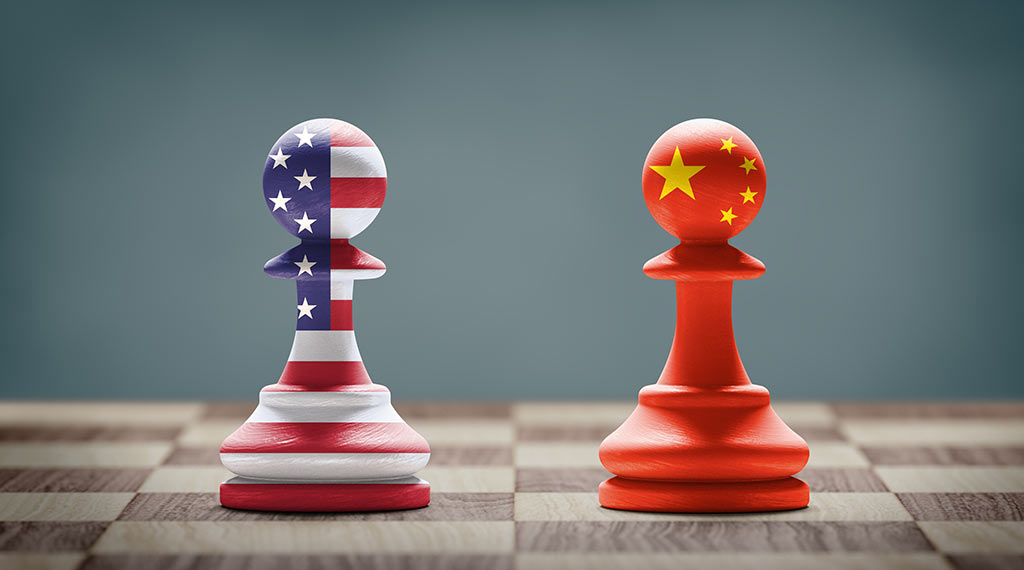
Xi Jinping and his people are no doubt paying close attention to events in Ukraine. They may not like what they are seeing – and this should cause them to rethink a Taiwan seizure scenario on several fronts.
These include the military and operational, of course. But as important, if not more so, they may need to reconsider assumptions about Taiwan’s willingness to resist.
Also they may want to reassess the willingness of the United States, the European Union (EU) and other free nations (such as Japan) to provide military support (direct or indirect) to Taiwan and impose punishing financial and economic sanctions on the PRC.
Beijing may reckon it has underestimated Western backbone, the difficulties of seizing Taiwan at a reasonable cost as measured in People’s Liberation Army (PLA) lives, the economic and reputational harm to China, and the risk of the PRC turning into an international pariah.
Suppose you’re a Chinese strategist tasked with writing up a report to inform X Jinping and the rest of the Chinese leaders at Zhongnanhai about what guidance recent events offer when thinking about Taiwan. Here are a few things you might include:
Military / Operational
The Russians were apparently counting on a show of “shock and awe” (after an extended intimidation campaign and covert subversion) being enough to bring Ukraine to its knees. Not quite.
Beijing was counting on something similar. Time won’t be on China’s side. Beijing needs a quick fait accompli or it risks – as Russia is learning in Ukraine – Taiwan’s supporters having the time to steel and organize themselves to back Taiwan and punish the PRC.
Especially as images of dead Taiwanese and destroyed buildings hit the internet – images that also would not be welcome inside the PRC, assuming they get through the Great Firewall.
Beijing will face stiff challenges in many areas, including terrain, cyber, air, and weapons systems.
In terms of terrain, the two battle zones (Ukraine and Taiwan) couldn’t be more different. Ukraine is basically a plain – some open and some forested – sharing a land border with Russia and the Belarus puppet state.
The main island of Taiwan is 90-miles offshore from China, with a narrow largely urbanized coastal plain on the west side, and the rest mountainous. Forget about armored assaults, but don’t forget about the difficulties of urban combat.
Taiwan’s terrain is advantageous for the defender. Taiwan’s military has its problems, but it is a competent and serious force that can bleed an attacker. And a little bit of success can mushroom and bolster military and public confidence.
Even a relatively small number of committed and reasonably well trained defenders can cause all sorts of problems – and savage and delay an attacking force – in urban, forested and even relatively open terrain.
Cyber defenses may also be tougher to breach than imagined. Ukraine’s communications networks still seem to be operating to a fair degree – and “command and control” of the Ukrainian military is operational. Closing down Taiwan’s networks may not be so easy.
Missile Strategy
Similarly, missile bombardment may not be as decisive as expected. The Russians have employed long range missile attacks but they don’t seem to have had so much effect.
Would using a lot of more missiles be more effective? Beijing should wonder. Sometimes you’re just moving the rubble around – and it’s terrible ‘optics’ from a propaganda perspective. There’s no better way to build international sympathy for the people you are attacking.
Seen from the Air
Also, it may be much harder than expected for China to establish control of the air.
The Russian Air Force outnumbers and outclasses the Ukrainian Air Force (UAF) in every respect and Ukrainian airfields are all known and targetable. Yet, the UAF is still operating at a certain level (although the Russians appear to have ‘held back’ a bit).
Shoulder-fired anti-aircraft missiles, such as the Stinger, can be very effective for a resilient air defense – even against an opponent that has a far superior Air Force. They are cheap, easy to employ, and hard to locate.
Precision Weapons
As for other precision weapons, in Ukraine’s case the Javelin and other anti-tank missiles can cause no end of trouble to an attacking force – even a much more powerful attacking force.
In China’s case, anti-ship missiles will be the equivalent of the Javelin in the Ukraine fight. A single anti-ship missile can reach out many miles – including the Chinese coast – and sink a ship.
These weapons are easy to deploy and operate and very hard to locate and destroy. The People’s Liberation Army Navy (PLAN) could find itself running out of ships (and crews) before Taiwan runs out of anti-ship missiles.
No-Nuclear Card
It’s also possible the “nuclear weapons card” isn’t all it’s cracked up to be. Russia has nukes and yet Ukraine hasn’t crumbled. Quite the opposite.
And the Americans and the Europeans have developed a backbone and are providing serious and effective weaponry to Ukraine regardless – even though just a short while ago most pundits thought it impossible as it was too provocative.
- The U.S. and Iran: Adding to the list of fiascos? - February 3, 2026
- Forget Greenland — securing Diego Garcia should come first - January 27, 2026
- Trump Makes Greenland Deal With NATO: Chinese Military Pilots Trained In US - January 22, 2026
